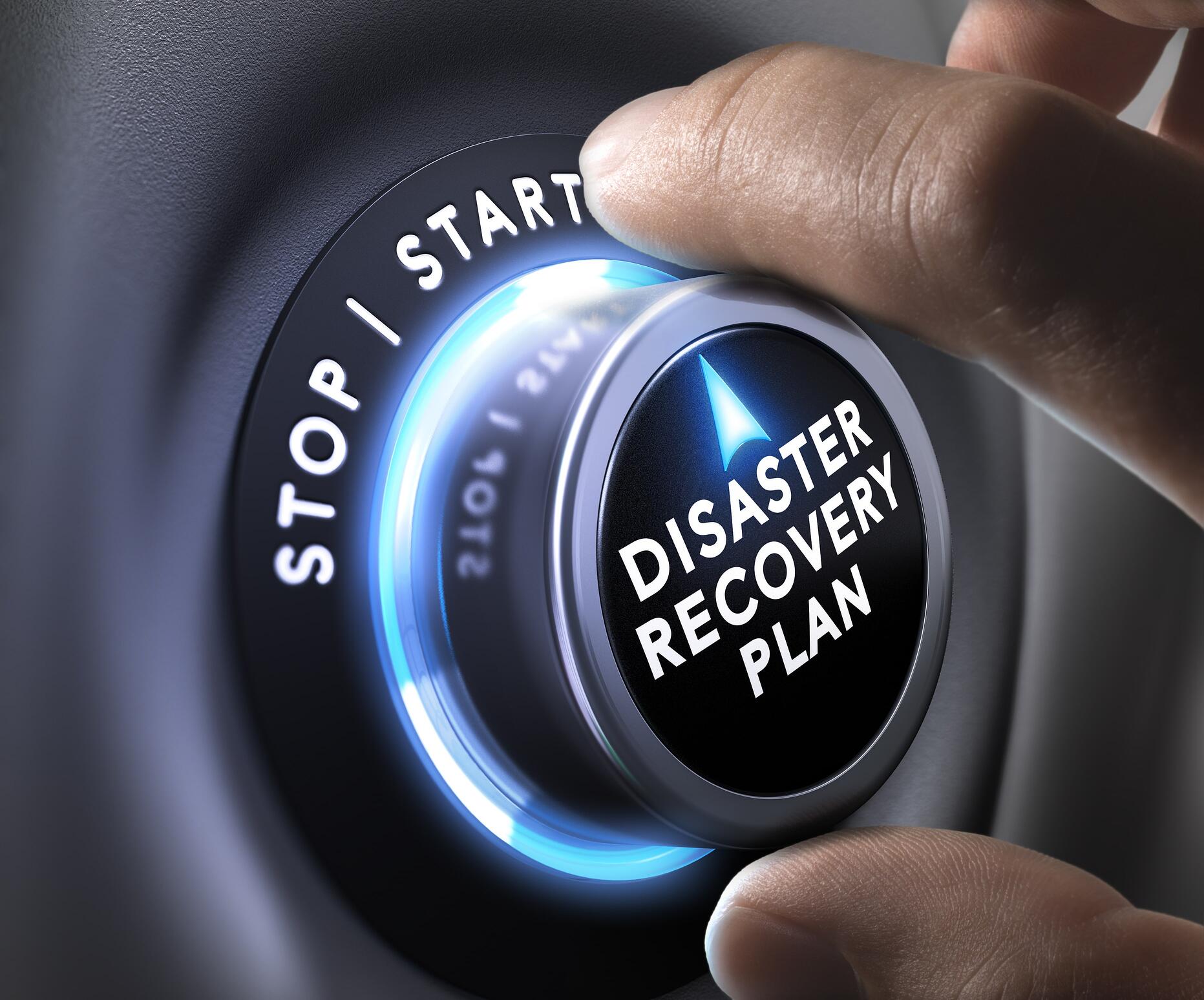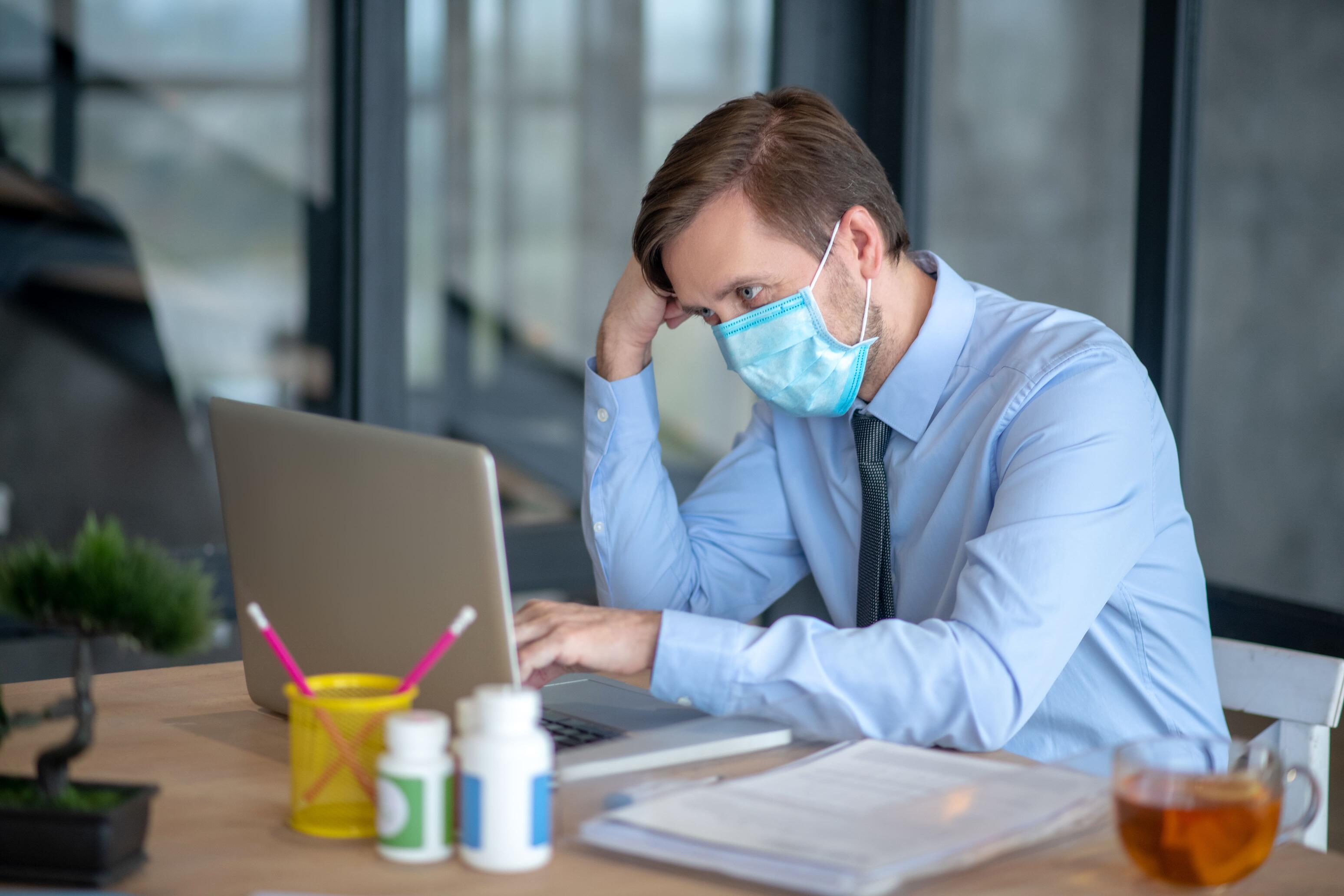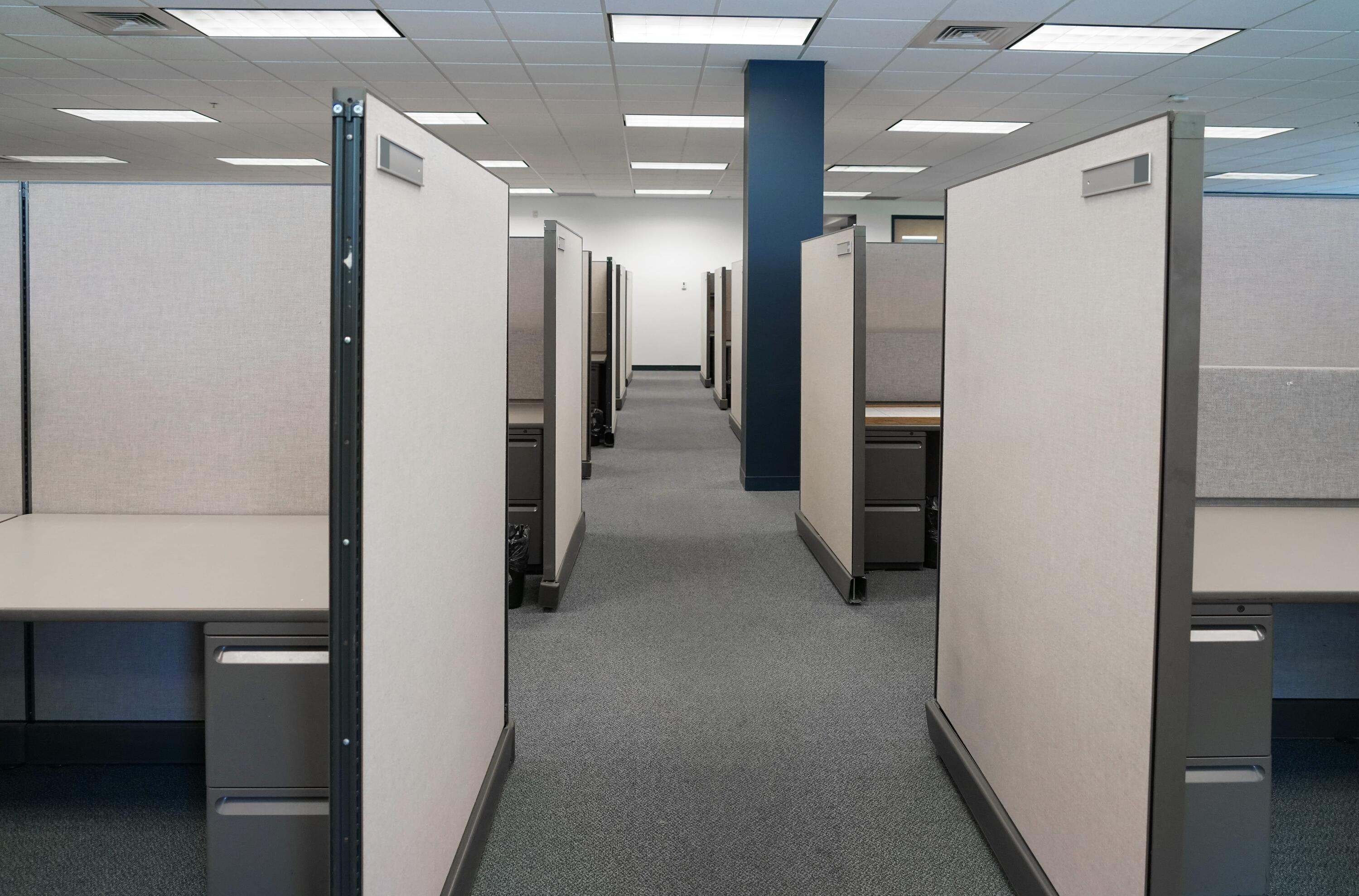
Updated March 6, 2020 — Unless you’ve been living under a rock, you’ve probably heard about COVID-19 originating from China. According to the WHO, this new virus has infected at least 100,000 people worldwide in 89 countries. While more people are being exposed, businesses are experiencing the effects of the pandemic – less sales, sick employees, and meeting cancellations.
Workers are usually in close contact with each other in office settings. They share the same space, equipment, and other supplies – creating a high risk environment of transmitting illness to others. With the Novel Coronavirus, this has already occurred in Germany. After an infected employee conducted an office training, at least 4 others were infected and had to be quarantined for two weeks. Unfortunately, globalization and air travel make these new illnesses travel quickly, and businesses will feel the effects from sick coworkers, closed offices, and other possible measures to prevent future infections.
Instead of waiting for disasters, businesses need to be prepared and have a set of guidelines in place that protects the health of your workers and preserves business continuity. Here are some recommendations to help you create an effective plan for your company and employees:
1. Create a Disaster Recovery Plan

When it comes to disaster recovery plans, businesses usually prioritize the following – natural disasters, data breaches, crimes – but pandemics can create just as much damage for businesses. Depending on the severity of the illness, pandemics can even last up more than several months, jeopardizing the safety and well-being of your employees over a long period of time. Businesses need to develop an emergency plan that covers what to do before, during, and after pandemics occur.
2. Test the Emergency Pandemic Plan
Once the plan is developed, it’s important for businesses to test it every 6-12 months for effectiveness and identifying possible gaps in implementation. Develop informative training sessions that share these plans with employees, community partners, and stakeholders for clear communication across all business channels.
3. Educate Employees on Personal Preventative Measures

If a pandemic occurs, businesses should educate their employees on simple preventative tactics that keep themselves and others safe. Also known as Nonpharmaceutical interventions (NPIs), these are preventive actions promoting positive health habits and stopping transmission of widespread illnesses. They include simple, everyday actions that individuals should exercise daily including:
- Washing hands or hand sanitizer
- Cleaning common surface areas such as desks, handles, counters, and equipment
- Covering coughs or sneezes with tissues or arm
- Staying home if you’re sick with symptoms
For more severe pandemics, additional NPIs might be communicated to employees to prevent the spread of illness such as decreasing contact among employees, postponing work-related events, and offering remote work options.
4. Distribute Supplies

In order to prevent spreading illness, businesses need to have the following supplies in the workplace that keeps the office safe and helps employees practice their personal NPIs:
- Soap
- Safety Glasses or Goggles
- Disposable Gloves
- Disposable Facemasks
- Cleaning Wipes
- Hand Sanitizer
- Tissues
- Paper Towels
- Trashcans
For face masks, they should only be used when someone is sick at the workplace and replaced often to prevent infection.
5. Designate an Alternative Site

During pandemics, there’s always the possibility of the physical office space becoming unsafe for employees. If one or multiple people become infected, health authorities could quarantine and close down the space for long periods of time. Businesses should prepare for this worst-case scenarios by designating an alternate site for disaster recovery and continuing business operations.
Prepare Sooner than Later
Pandemics, unlike other disasters, are a hidden but devastating threat for businesses. Having a plan is absolutely essential in protecting the health and safety of your employees, customers, and community, all while preserving business continuity. Servpac, Hawaii’s Largest Local Provider, now offers Disaster Recovery office space for local businesses that meets their emergency plans. Our brand new carrier-neutral facility offers move-in ready office space that allows your team to get down to business and resume operations immediately. Located in Mililani Tech Park, the site is located 850 feet above sea level and outside of major flood and tsunami zones. The facility includes multi-layered security access, 24x7x365 monitoring, and parking for visitors. For more information, please call 808-237-5000 or request a FREE consultation below.
—
Servpac is Hawaii’s Cloud Solution. Started in 2004, Servpac has evolved from a telecommunications provider, to an all-in-one cloud-based technology solution for Hawaii businesses. Our suite of services range from cloud computing, data colocation, managed services, dedicated fiber internet and VoIP phone solutions. We focus on providing premium customer service and deliver world-class solutions that transform Hawaii’s technology landscape.

